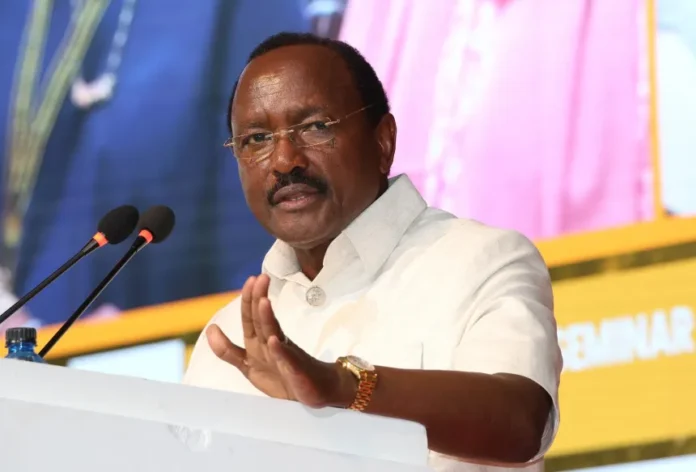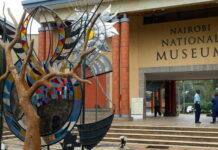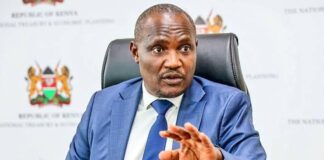Former Kenyan Vice President Kalonzo Musyoka has called on Tanzanian President Samia Suluhu Hassan to reconsider recent directives that saw a group of Kenyans denied entry into Dar es Salaam, warning that such actions could strain long-standing regional ties.
Speaking in response to remarks made by President Suluhu on Monday, Kalonzo emphasized that Kenyans are not enemies of Tanzania and stressed the importance of regional unity under the East African Community (EAC).
In her address, President Suluhu directed Tanzanian security and foreign policy officials to block foreign activists from interfering in the country’s internal matters. “Tumeanza kuona mtiririko au mwenendo wa wanaharakati ndani ya region yetu hii kuwaza, kuvamia na kuingililia mambo yetu,” Suluhu said. “Hatutatoa nafasi kwa watovu wa adabu wa nchi nyingine kuja hapa kwetu.”
In a firm but diplomatic response, Kalonzo said that such a stance could jeopardize the spirit of cooperation and integration that the EAC was founded on.
“I would like to ask President Suluhu Hassan to reconsider this whole matter. She should not view Kenyans as enemies,” Kalonzo stated. “Tanzanians and Kenyans have intermarried, we share deep cultural and historical ties. I urge her to ensure that the relationships in East Africa are genuinely reflected, with everyone showing respect for one another.”
The Wiper Party leader clarified that Kenyans have no intention of meddling in Tanzania’s domestic affairs, but encouraged open dialogue between leaders should any concerns arise.
“Integration does not mean simply meeting in Arusha and then everyone going their separate ways,” he said. “It is about integrating our values so that if there are issues, we work together to resolve them.”
Kalonzo’s remarks come amid rising tensions following the arrest and alleged torture of activists Boniface Mwangi and Agather Atuhaire in Tanzania and growing regional criticism of Tanzania’s handling of civil liberties. His appeal underscores the delicate balance between national sovereignty and regional cooperation in East Africa’s evolving political landscape.
Written By Rodney Mbua



















